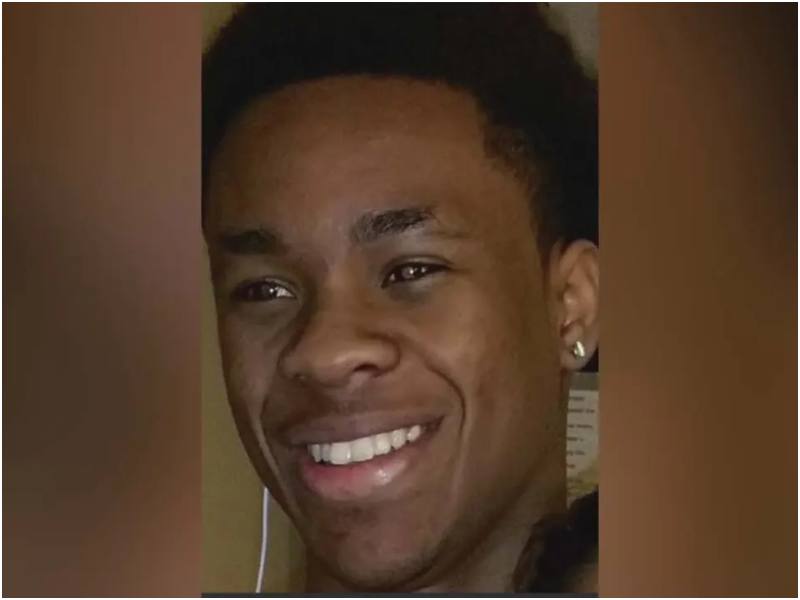A federal judge has ruled that a lawsuit alleging constitutional violations against a Minneapolis SWAT officer and the city can proceed following the killing of Amir Locke during a no-knock warrant search in February 2022.
In a motion last fall, attorneys representing the city and Officer Mark Hanneman had sought to dismiss the civil suit, arguing that Hanneman acted reasonably when he fatally shot Locke three times during a pre-dawn raid.
They asserted that Hanneman perceived Locke as an immediate threat to life or serious bodily harm, thus justifying the use of deadly force.
Additionally, they claimed qualified immunity protected the officer from civil liability for actions taken in the line of duty.
However, U.S. District Judge Eric Tostrud denied the city’s motion on Monday. In his ruling, Judge Tostrud highlighted that video evidence from body cameras did not definitively establish that deadly force was necessary during the unannounced search.
The judge stated that the lawsuit presents plausible allegations that Officer Hanneman’s use of force violated Locke’s clearly established Fourth Amendment rights.
Following the shooting, then-Hennepin County Attorney Mike Freeman and Minnesota Attorney General Keith Ellison declined to pursue criminal charges against Officer Hanneman, citing insufficient evidence under Minnesota’s use-of-force statute.
Reacting to the judge’s decision, civil rights attorney Ben Crump, who represents Locke’s parents, emphasized the significance of the ruling in their quest for accountability and justice.
He expressed frustration over the lack of control in the criminal proceedings but underscored the opportunity the civil lawsuit provides to thoroughly investigate the City of Minneapolis’s actions surrounding Locke’s death.
Minneapolis spokesperson Jess Olstad indicated that the City Attorney’s Office is reviewing the court’s order and affirmed that the litigation will continue.
The incident occurred when Hanneman and the Minneapolis SWAT team executed a no-knock warrant at the Bolero Flats apartment building in downtown Minneapolis as part of a St. Paul homicide investigation.
Body camera footage showed police entering the apartment abruptly, with Locke awakening from sleep and holding a pistol before being shot by Hanneman.
Amir Locke’s death sparked renewed scrutiny of no-knock warrants, a controversial practice intended for high-risk situations.
Despite prior restrictions on their use in Minneapolis, implemented after the death of George Floyd, they continued to be employed in certain circumstances.
The lawsuit filed on behalf of Locke’s parents argues that the no-knock warrant and the subsequent use of deadly force are indicative of systemic racial discrimination within Minneapolis policing practices.
It contends that Officer Hanneman failed to provide Locke with an opportunity to understand the situation and disarm himself before firing, despite Locke posing no immediate threat to officers.
Amir Locke, a Black man with no criminal record, was legally in possession of the firearm and was not the intended target of the warrant.
The litigation now proceeds, with the court’s ruling opening avenues for further examination into the circumstances surrounding Amir Locke’s tragic death and its implications for police practices in Minneapolis.

